The SVP attracted new voters
Why has parliament shifted to the right? According to a post-election survey by the Sotomo research institute, 26 percent of voters said that immigration was a decisive factor in how they voted. The SVP has always been able to mobilise the electorate by focusing on immigration, says political scientist Sarah Bütikofer. “But in this election campaign they were able to gain new voters beyond their traditional support base – and across the party political spectrum.”
Besides immigration, healthcare costs also influenced voting choice. The rise in health insurance premiums was a key issue for 25 percent, with dissatisfaction with how the issue was being tackled accounting for a third of voter defections. “However, no single party is able to set the agenda here in the way that the SVP has made the issue of immigration its own,” said Bütikofer in an interview with Radio SRF. The parties able to translate concern over soaring premiums most effectively into votes were the Centre and the SP. Both have submitted their own initiatives to counter rising health costs. These will be put to voters in 2024.
Climate policy no longer a green monopoly
Astonishingly, 23 percent cited climate change as an important issue in the post-election survey despite the Greens losing. Why the discrepancy? There is no comparison between the current situation and how things were four years ago, says Bütikofer. “There was a progressive mood in the air in 2019. Climate change was the hot topic, prompting many people to vote for a party with the word “green” in their name.” The world has completely changed since then. First the pandemic, then war, then the recent collapse of big bank Credit Suisse – “There was one crisis after another.” To compound this, the Greens no longer have exclusive rights to climate and environmental policy either. The Climate and Innovation Act was the result of a broad-based compromise supported by all parties except the SVP, she points out.
Female representation in the National Council has fallen from a record 42 percent to 38.5 percent – due to the resurgent, male-heavy SVP.
The 46 seats in the Council of States have not all been filled, with a second round of voting to decide 13 seats scheduled for mid-November – after the editorial deadline of this edition of “Swiss Review”. It was a neck-and-neck race between the FDP and the Centre in a smaller chamber that will continue to be conservative-dominated. In the last four years, the Council of States has repeatedly blocked decisions by the more progressive National Council – e.g. on increased funding for day-care centres. With the National Council shifting right, the two chambers are now a little less politically divergent.
Distinctly greener and a little more to the left – how the fifth Switzerland voted
How to describe the voting preferences of the Swiss Abroad in the October 2023 elections? Distinctly greener, slightly more left-wing, and a bit more liberalfriendly compared to the domestic electorate. The SP secured the biggest share of the expatriate vote on 20.4% (compared to 18.3% in the overall result), followed by the SVP – the most popular of the centreright and right-wing parties in the “Fifth Switzerland” – on 18.5% (overall: 27.9%). Hot on the SVP’s heels were the Greens on 18.4% (overall: 9.8%). The FDP ended on 13.6% (overall: 14.3%), while the Green Liberals bettered their domestic result, attracting 11.4% of the expatriate vote (overall: 7.6%). The Centre, meanwhile, accounted for a modest 7.7% (overall: 14.1%).
Compared to the 2019 elections, the “Fifth Switzerland” also shifted a little to the right but not as much as Switzerland as a whole. The SP, the Greens and the Green Liberals secured just over 50% of the vote combined, as opposed to nearly 53% four years ago.
No luck for the election candidates from the “Fifth Switzerland”, who were mostly way down on the votes needed to claim a National Council seat. Some expatriate candidates who achieved respectable results in 2019 were crowded out this time by a flood of other candidates on myriad election lists.
Notably, voter turnout in the “Fifth Switzerland” was lower in many cantons than four years ago – but was significantly higher in Basel-Stadt, where expatriate voters were able to use the new e-voting system: 23.8% (2019: 19.2%). Turnout also increased slightly in St Gallen, another canton in which e-voting is being trialled.
MARC LETTAU
Elections to the Federal Council in December
The distribution of the 46 seats in the Council of States was only settled towards the end of November, after some cantons had to go to a second round of voting. The Centre Party will continue to play a key role in the upper chamber going forward. The allocation of seats is as follows: Centre 15 seats (+2 seats), FDP 11 (-1), SP 9 (unchanged), SVP 6 (unchanged), Greens 3 (-2), GLP 1 (+1), MCG 1 (+1). As the overall outcome reveals, the Council of States is thus set to remain a conservative bastion. In the last four years, the Council of States has repeatedly blocked decisions by the more progressive National Council – e.g. on increased funding for day-care centres. With the National Council shifting right, the two chambers are now a little less politically divergent.
The 2023 elections saw a record number of candidates, with 5,909 people competing for 200 National Council seats. There were 618 election lists – another new high.
Switzerland’s newly elected parliament will convene at the start of December. To mark the beginning of the legislative period it will appoint the seven-member federal government, the Federal Council, for a new term on 13 December. Who from the SP will succeed their party’s outgoing Federal Councillor Alain Berset? As the secondstrongest party, the Social Democrats have two Federal Council seats – which will remain uncontested by the other parties.
According to an unwritten rule known as the “magic formula”, the three parties with the most votes are entitled to two seats each, and the fourth-strongest party to one seat. Based on this logic, the existing composition of the Federal Council – 2 SVP, 2 SP, 2 FDP, 1 Centre – continues to apply. The two serving FDP Federal Councillors – Foreign Minister Ignazio Cassis and Finance Minister Karin Keller-Sutter – can expect to be re-elected in December. But with the Centre Party closing in on the FDP, questions surrounding the magic formula are likely to resurface sooner or later. The Greens will have to postpone their dream of joining the Federal Council for another four years – their chances of stepping into the breach are low.
Overview of results (Federal Statistical Office): revue.link/elections2023
The online version of this article was updated when the final composition of the Council of States became known.
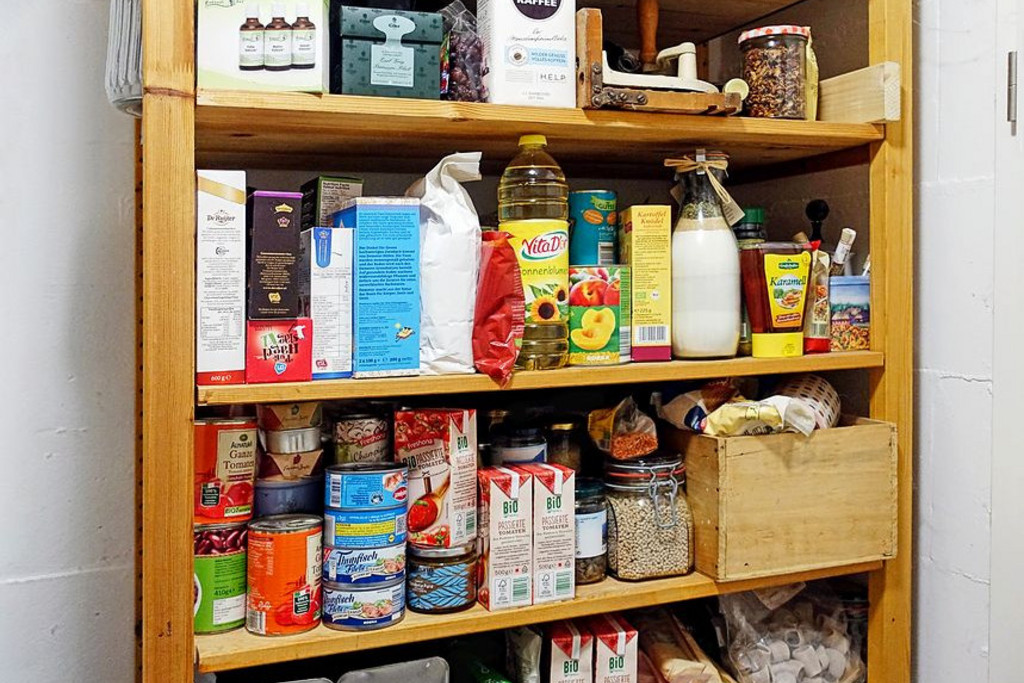
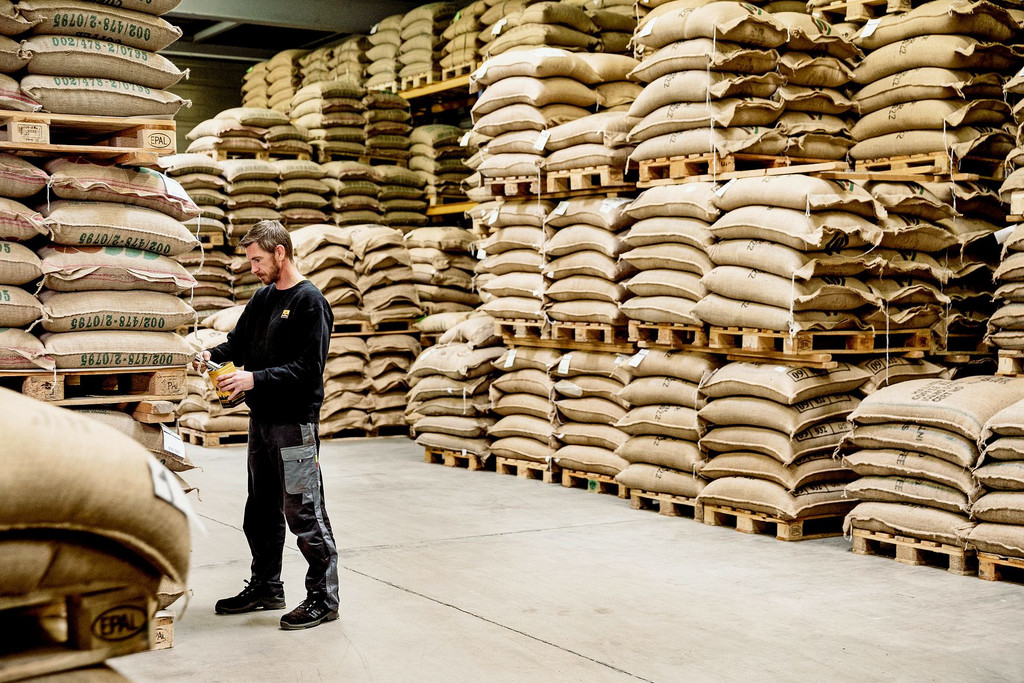
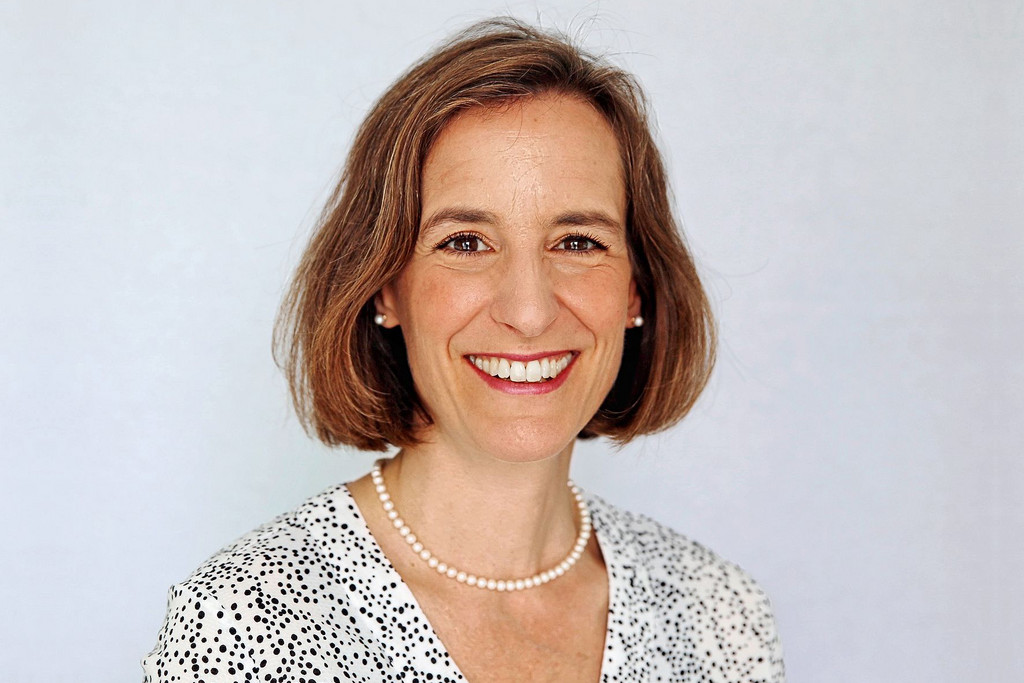



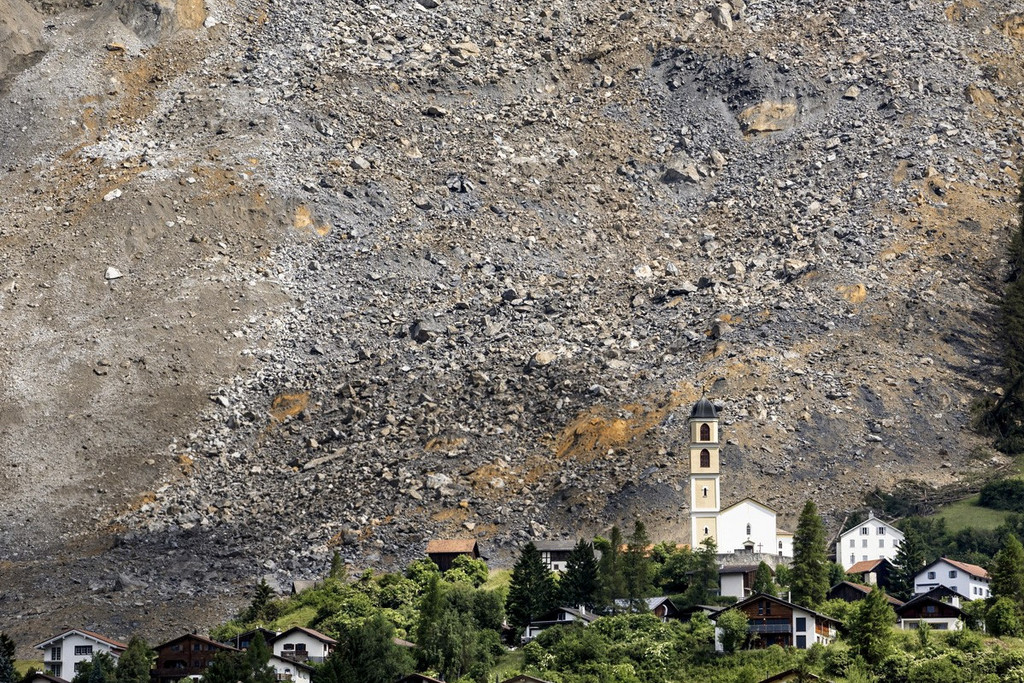




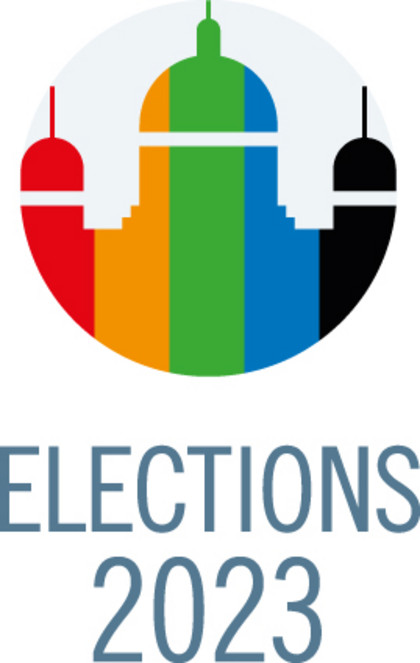
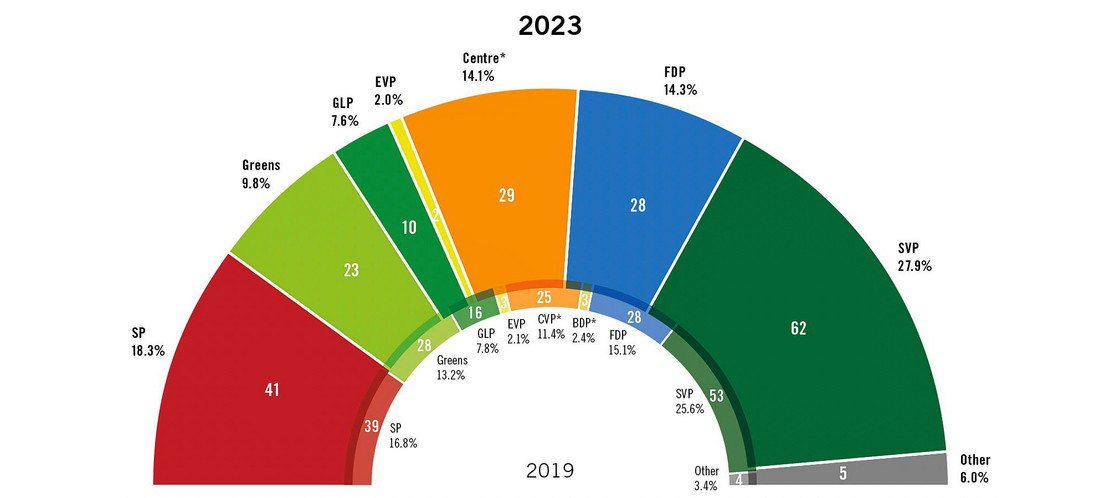


Comments
Comments :
Dans votre article vous prétendez que les électeurs ont boudés les urnes. Pour certains, c’est probablement vrai. Pour le Suisse de l’étranger que je suis, il m’a été possible de voter pour le 1er tour mais pas pour le 2e, car les “performances” des services postaux ne correspondent pas aux délais imposés par les services de votations… En conséquence, ma participation au 2e tour était tout simplement impossible… Ce que je n’arrive toujours pas à comprendre c’est pourquoi on ne peut pas voter par Internet alors qu’on peut gérer son compte bancaire et d’autres choses administratives importantes comme ses impôts, mais qu’on ne peut toujours pas voter par Internet… Si au moins on pouvait recevoir (ou télécharger) ses documents de vote par Internet, cela économiserai au moins du papier, des frais de port et nous ferait gagner un max de temps…